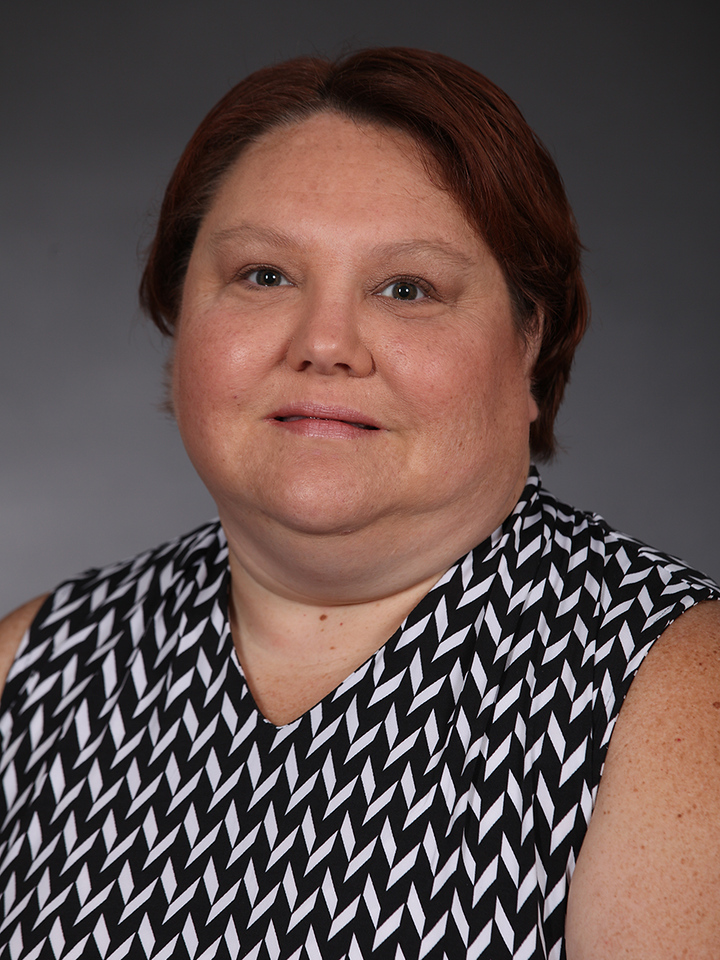UNCP Department of Social Work
Master of Social Work with emphasis on Substance Use Disorder Treatment and Recovery
The North Carolina Addictions Specialist Professional Practice Board (NCASPPB) has approved the UNCP MSW Program as a “Criteria C” program. “Criteria C” programs serve as a prerequisite for applicants pursuing North Carolina Licensed Clinical Addictions Specialist (LCAS) licensure. The NCSAPPB allows these graduates to qualify for licensure after only the equivalent of one year of properly supervised clinical practice instead of two years for others. This means that graduates of “Criteria C” programs are eligible to enter the workforce as independent practitioners at a much faster.
In our program, there are four courses (12 credit hours) conveniently offered through both synchronous and asynchronous virtual learning platforms. These may be used to meet the 3-6 hour MSW program elective requirement. The North Carolina Addictions Specialist Professional Practice Board will accept the courses as 180 hours (45 hours per course) of substance-use disorder-specific education required for the LCAS.
In addition, MSW students' final year field practicum, is completed in a substance use disorder, co-occurring disorder, or integrated care treatment/prevention setting with appropriate supervision. PLEASE NOTE: If there is more interest than we have field placement opportunities, priority for field placements in SUD settings may be determined by GPA, with students with the highest GPA (either current MSW GPA or undergraduate GPA for new MSW students) placed first.
All requirements for Criteria C status must be completed while in the MSW program. Criteria C cannot be completed as a standalone program or after the MSW program. However, the SUD classes can be used as education hours under other application statuses. See the links below for more information on the LCAS licensure application process.
If you are planning to pursue this option, please contact the Criteria C Coordinator Dr. Shannon Cousineau, LCSW.
Criteria C Plan of Study
|
Summer I of Final Year: SWK 6170 Introduction to Substance Use Disorders |
3 Credits (Async Online) |
|
Summer II of Final Year: SWK 6190 Ethics and Diversity in Substance Use Disorder Treatment and Recovery |
3 Credits (Async Online) |
|
Fall of Final Year: SWK 6180 Science of Substance Use Disorders SWK 5500 Advanced Generalist Practicum I & Seminar (In SUD Setting) |
3 Credits (Live Sync Online) 4 Credits |
|
Spring of Final Year: SWK 6200 Assessment and Treatment of Substance Use Disorders SWK 5800 Advanced Generalist Practicum II & Seminar (In SUD Setting) |
3 Credits (Live Sync Online) 4 Credits |
This course focuses on the causes and consequences of substance use disorders as they relate to the individual, family, community, and society. Response alternatives regarding intervention, treatment, education, and prevention are reviewed. Substance use disorders are examined within the context of developmental life stages and culture. Prereq: Admission to the MSW Program or Substance Use Disorder Treatment and Recovery Certificate Program. 3 credits.
This course involves an in-depth exploration of the ethical, legal, and behavioral issues facing the substance use disorder clinician. State laws are discussed with an emphasis on the distinctions between legal versus ethical responsibilities of the clinician. The student will learn about confidentiality rules and regulations, client’s rights, and responsibilities. Students will be introduced to ethical issues surrounding harm-reduction strategies. The student will be familiar with the National Association of Social Workers and North Carolina SuCode of Ethics, and avenues for addressing ethical dilemmas or problems that arise in a variety of clinical, supervisory, and consultative settings. The course includes an overview of unique problems and needs related to substance use disorder treatment among diverse populations and the application of culturally sensitive intervention strategies. Prereq: Admission to the MSW Program or Substance Use Disorder Treatment and Recovery Certificate Program. 3 credits.
This course examines the neurobiology and biomedical bases of substance use disorders. Students will develop a broad scientific perspective on the biology of substance use disorders and build a discriminative understanding of different classes of substances of abuse. This course emphasizes biomedical factors as they play a role in etiology, epidemiology, natural history, expression, adverse consequences, treatment, and prevention of diverse substance use disorders. The biological bases of substance use disorders include genetic factors, neuroanatomical and neurophysiological factors that predispose one to substance dependence, medical consequences of drug abuse, and pharmacological interventions. The course introduces fundamental principles of brain function, with emphasis on the physiology, chemistry and pathologies of single neurons and simple neural circuits. Prereq: Admission to the MSW Program or Substance Use Disorder Treatment and Recovery Certificate Program. 3 credits.
This course is designed to cover the key content necessary for developing a comprehensive understanding of a complex body of knowledge that is filled with certainties and uncertainties, science and speculation, dogma and theory, as well as opinion and silence. Topics covered include ethnocultural influences, sociocultural aspects, models of treatment, family work, and group support. Prereq: Admission to MSW Program or Substance Use Disorder Treatment and Recovery Certificate Program. 3 credits.
RESOURCES:
North Carolina Addictions Specialist Professional Practice Board (NCASPPB) Website: https://www.ncsappb.org/
Licensed Clinical Addictions Specialist (LCAS) Credentialing: https://www.ncsappb.org/credentialing/licensed-clinical-addiction-specialist/
National Association for Alcoholism and Drug Abuse Counselors (NAADAC) Website: https://www.naadac.org/
